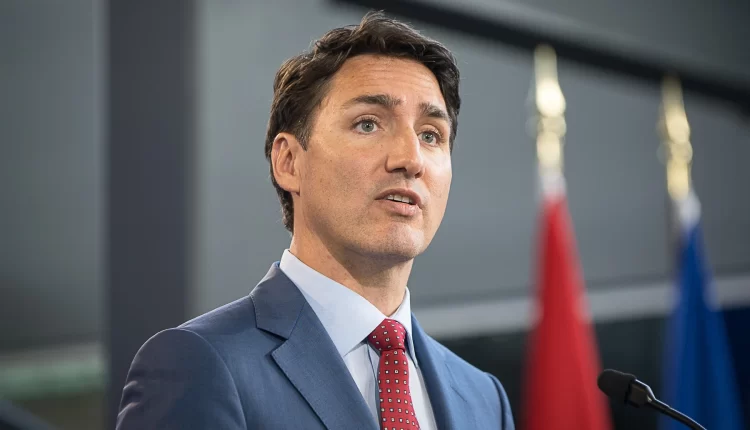New Delhi: The Canadian government is set to implement significant changes to its work permit regulations, specifically targeting the Post-Graduation Work Permit (PGWP) programme, with a deep impact on Indian students and workers. These new rules will come into effect on November 1, 2024, introducing a mandatory minimum Canadian Language Benchmark (CLB) score of 7, and accepting results from tests such as CELPIP, IELTS, and PTE CORE.
Priority will be given to applicants from sectors experiencing long-term labour shortages in Canada, including agriculture, health, science, technology, engineering, mathematics (STEM), business, and transportation. This new set of rules is part of the Canadian government’s strategy to reduce the number of foreign students by up to 10%.
In addition to English proficiency, the new regulations are expected to make French language skills mandatory for job seekers in Canada. The government is developing standards to assess language proficiency, requiring candidates to demonstrate their reading, writing, listening, and speaking abilities in both languages.
Canada has emerged as a preferred destination for Indian students, with a significant presence in both colleges and universities. According to a 2022 report by the Canadian Bureau for International Education (CBIE), there were 319,130 Indian students in Canada, a number projected to reach one million between January and June 2024. The number of individuals working and studying in Canada has surged from 437,000 in 2019 to 1.2 million in 2023.
However, these upcoming changes may pose challenges for Indian aspirants. Many view Canada as a viable alternative to the United States due to its favourable immigration policies. Nevertheless, the new regulations could potentially hinder the aspirations of many Indian nationals seeking permanent residency (PR) through temporary work permits.
Arvind Meena, who became a permanent resident in Canada about a year and a half ago, expressed concern about the new regulations affecting his fiancée’s move to Canada after their marriage. Meena, who holds a degree from IIM-B (Indian Institute of Management, Bangalore), found success in Canada but worries about the challenges his fiancée may face due to the new language requirements.
His fiancée, who studied in London, is keen on working in Canada but lacks proficiency in French, raising fears about her job prospects. “I might only be able to get a tourist visa, and whether I can convert that to a work visa later is uncertain, especially with the current regulations,” she shared.
Another student, Swati, voiced similar concerns, stating that despite achieving top grades, her lack of French knowledge would make her journey to Canada difficult. “I have been preparing for years, and just when things seemed to be aligning, this rule threatens to complicate everything,” she lamented.
In a recent post on X (formerly Twitter), Canadian Prime Minister Justin Trudeau stated that the government is reducing the number of international student permits by 35% this year, with plans for an additional 10% cut next year. According to recent figures from the Indian government, approximately 1.335 million Indian students are studying abroad, with about 427,000 enrolled in Canadian institutions.
The Canadian government aims to reduce the number of low-wage, temporary foreign workers while also shortening their working periods. Trudeau remarked, “We have adjusted our programmes post-COVID, but the labour market has changed. We need businesses willing to invest in Canada.”
As these regulations unfold, Indian students and workers face uncertainty about their futures in Canada, making it imperative to navigate the evolving landscape of immigration and work permits.



Comments are closed.